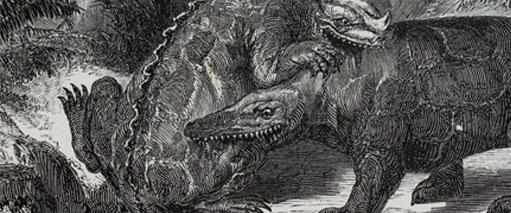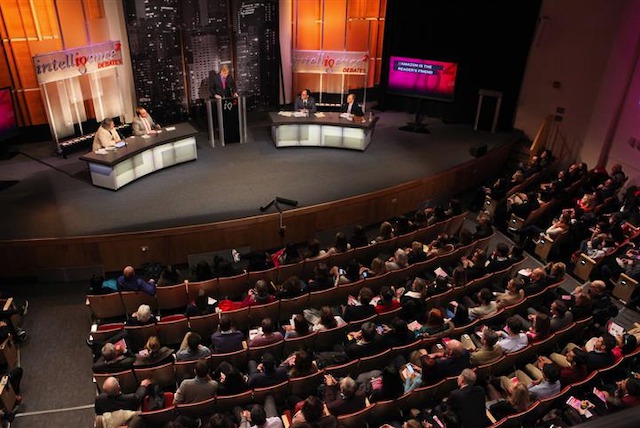Storytime Is Over: How Amazon Is Out-Goliathing The Publishing Industry
How Amazon Is Out-Goliathing The Publishing Industry


A Jan. 15 Intelligence Squared debate asked whether Amazon is the reader’s friend.
Intelligence Squared









